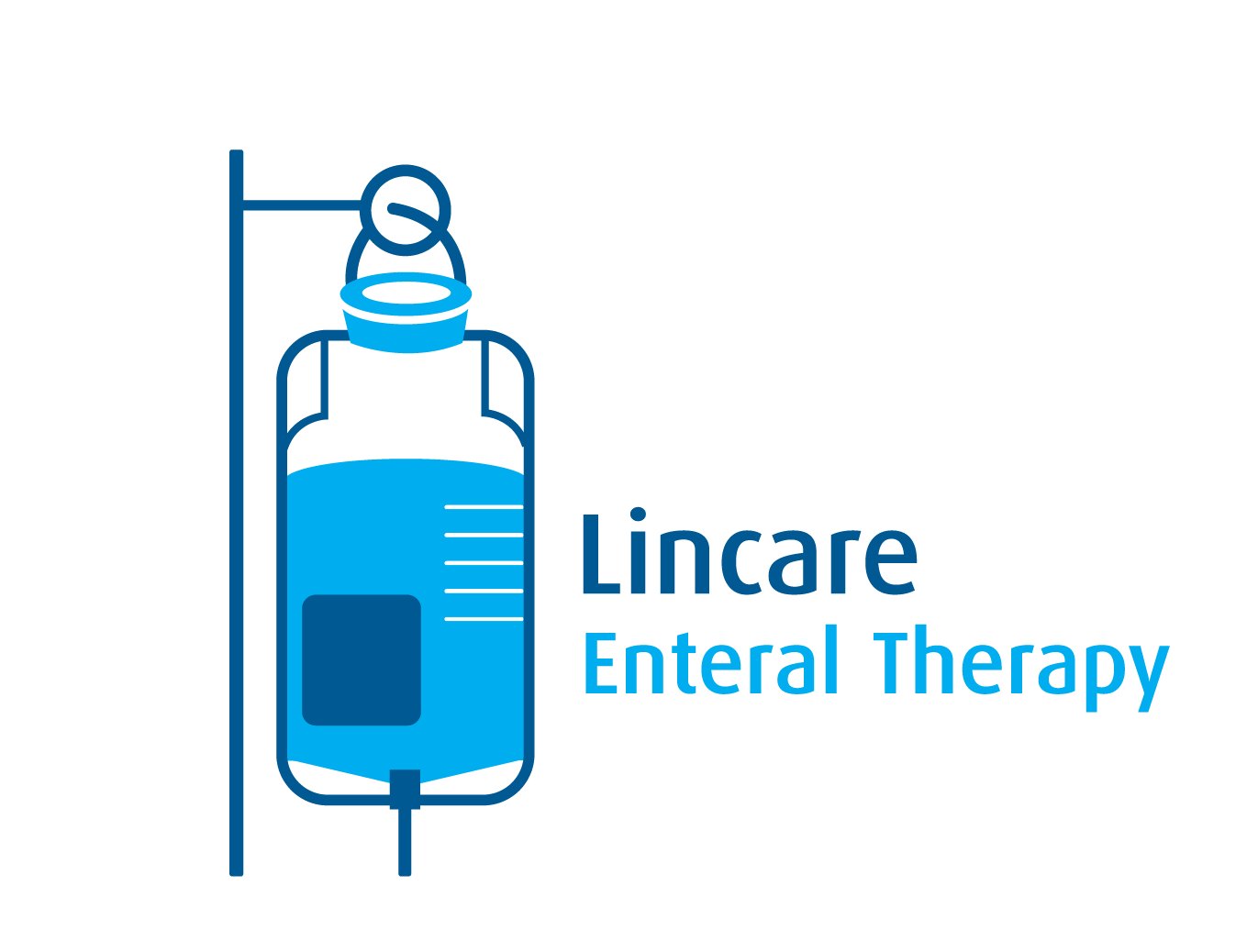Please share your path of becoming a dietitian?Coming from a smaller town in India, Rajasthan, back in 2001 when I got married, I was always amazed by the professionalism I saw in the US. Getting into an internship was a multi-step process and not as easy as it was back in my town. There was an initial credential evaluation and matching process, which was time-consuming, needed a lot of paperwork that was not a part of the education system at that time! During credentialing evaluation for international students, there is always a risk to lose out on some of the work you've done back in your country! What is your day-to-day look like working as a dietitian? Ex. Projects, achievements, research, mentorship, etc.To give you some background about my experience working in one of the major cardiac hospitals in New Delhi was unique, I am so glad you asked. Due to the high patient volumes, we saw in India, the mornings we got to our outpatient clinics, there used to be a big line of patients waiting to see dietitians as there was no appointment system. By end of the day, one dietitian would have seen close to 50 patients. Ha! I am not kidding. Also, many times, one patient would be accompanied by many concerned family members who were there to learn about the patient's diet, so our exam rooms would get overcrowded. Some showed so much respect to health practitioners that it would ooze out by bringing special treats as a token of thanks, which was acceptable at that time. Due to the high patient volumes, outpatient nutrition interventions were also customized according to their religious/cultural habits but with fewer documentation requirements. Inpatient patient to dietitian was also high compared to here. Day-to-day work of dealing in-depth with one patient at a time, no long lines of patients when you reached work, doing a thorough nutrition assessment on each client, could take a few months to get used to as you could imagine. What does your patient population look like and how do you prepare nutrition interventions for that particular population?Fortunately, working as an outpatient RD, a lot of my clients are Hispanic families and from Africa like Somalia, Ghana, etc. It's always fun to observe in how many ways I feel connected to them. Learning about their ethnic foods and customizing their diets can be so fun! There is something about leaving your country and families behind, where you spent your childhood, that teaches you to be humble at so many levels and grateful for the education and professional opportunities this country provides. What made you join a MIG? What is the biggest takeaway/benefits?To share love and connect to the community of like-minded folks, who went through similar struggles to get here and share common foods, cultural habits, festivals, and thoughts! Some of them become our second families when we miss our immediate families. How do you foster inclusivity in your professional practice?I think if you've experienced inclusivity as a foreigner to this place, and you have all kinds of experience, good and bad, fair and unfair, it comes naturally to be extra humble and respectful to the clients with disabilities, clients of color, clients with a different accent, clients from other countries or with disease conditions. In some ways, you share similar struggles. What advice can you give to aspiring dietitians that see you as a role model?Just be yourself! The world wants to see you as you are unique in your ways! Embibe the good things, ignore the negatives! Make friends where you go, avoid people who undermine you. Expose people around you to the positives in your culture if they are open to it and gain insight about theirs! Learning about different cultures can broaden your viewpoint in life and make you a better person! Please be sure to check out my blog for more inspirations - www.gingerspicehealth.com What does diversity, equity, and inclusion mean to you?Diversity, equity, and inclusion mean fostering better workplaces and communities, embracing ideas and talents beyond stereotypes. It helps us all grow personally and professionally. I believe there are many right ways to do things. Diversity promotes happiness, fairness, and more productivity in society. It's a forward-and-right thinking approach and need of the hour! |

